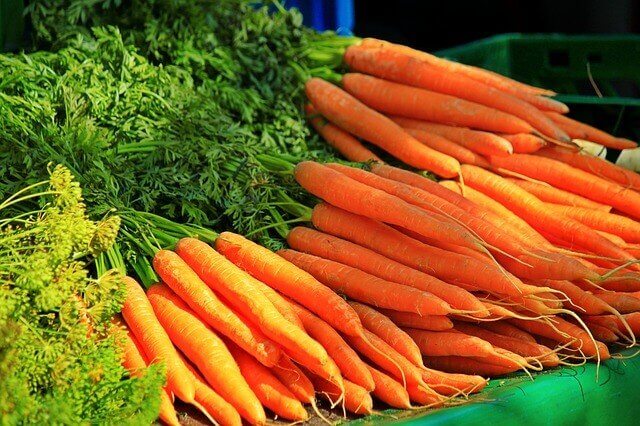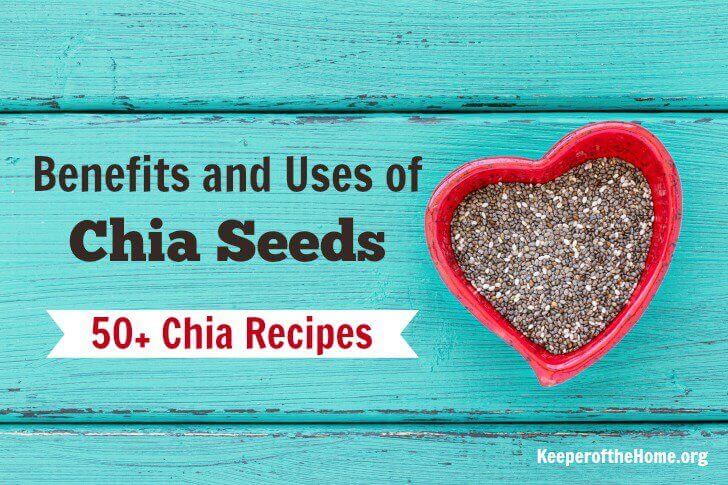Tips for eating seasonally

If you are blessed to have a Farmer’s or produce market near your home, you may have noticed that the vast array of colorful fruits and vegetables shift slightly as the seasons change. Spring brings with it the first fresh greens and carrots, then summer arrives with berries and sweet corn on the cob. Fall’s colors are rich and warm, with apples and pumpkins, and winter brings hardy root vegetables, such as turnips, parsnips and beets.
Most conventional grocery stores do not display this seasonal change in produce as much as it exists in nature, although if you were to closely follow the patterns of produce prices throughout the year, you would likely see the same patterns observed in a market.
In recent years, I have taken to shopping for my produce as seasonally as I can, increasingly more and more each year. There are three main reasons for doing this:
- Seasonal produce is most likely local (because it does not need to be brought in from a warmer climate, etc.). Local produce is at it’s freshest and it’s peak of nutrition, making it your best bet for meals that are nutritionally dense and healthful.
- Seasonal produce does not have far to travel from field to plate. Because it is usually local, there is a minimum of transportation necessary, which only reaps benefits for the environment, and usually our wallets as well.
- Seasonal produce is cheaper. This is partly because of #2, less transportation cost. It is also because when a particular item is at it’s peak, there is an abundance to be had, and thus, the price goes down (sometimes the price goes up initially, because of the increased demand and popularity of an item, but it quickly drops as the harvest continues). In my menu planning posts, I explained that I use seasonal produce as much as possible to keep my costs lower.
There is also thought that eating seasonally is more natural for our bodies, and this would make sense to me. In the summer, I do not enjoy soups and stews and heavy casseroles. Instead, I love to eat fresh fruit, light salads, homemade salsa and guacamole. However, as soon as the Indian summer of September turns to the cold, Northwest rains, I eagerly begin to make warm, comfort foods, full of more starchy, root vegetables. I have not yet studied this concept as much as I wish to, but I see wisdom in eating seasonally, as this is how God designed the cycle of the food harvest to work, and how people have been eating for thousands of years, until the invention of the refrigerator and of speedy, transcontinental travel (please note that I’m not saying that I believe we must eat only seasonally, only that I generally see it as being a worthwhile pursuit, as much as it is possible).
So, how do you go about knowing which foods are seasonal? There are many, many lists out there, but I will give you the links to a couple of them. I thought of typing out the lists that I have, but it would have been an incredibly long post!
Fruits and Veggies- what’s in season? (this is not as thorough as some lists I have seen, but it is visual, and gives a great, simple overview of the basics)
Seasonal Produce Chart (a more detailed chart, going month by month, as well as by individual popular fruits and vegetables)
Do keep in mind that if you live in Australia, or the UK, or even the southern US, what is seasonal for you may be very different- try doing a search for seasonal produce where you live.
Once you get an idea of what is seasonal, you will find it far easier to recognize it when you are shopping. I always recommend shopping in a local farmer’s or produce market if you can find one in your area, as this will offer you the freshest seasonal and local produce, as well as the best prices in many cases. And over time, you will begin to be very accustomed to the prices of produce, knowing at a glance whether an item is in harvest and well priced, or whether it is worth it to look around for something different. Now that it has become habit, I love shopping and eating more seasonally, and it works for me very well!
Image from www.art.com







This is becoming more important to me too. We joined a CSA (Community Supported Agriculture) where we get a weekly share of the farm’s harvest from June to October…which really helps to think in those terms. Also, if you’re interested, Barbara Kingsolver’s “Animal, Vegetable, Miracle” is a wonderful book written about her family’s experiences eating locally and in season (which usually go hand in hand). She is not a Christian (that I know of) but the book is fascinating.
Eating locally is a lso a great way of helping to preserve the local family farm and it keeps more of our money in our own communities…helping the local economy.
Loved this post!
Thanks again for sharing some great information!
I wanted to let you know that I just finished the YNAB podcasts. I really enjoyed them. They were full of great ideas. Thanks for sharing that link.
I hope to buy the budgeting system sometime. It sounds very good.
Thanks,
Stacy
We do our best to eat local foods and seasonally as well. To us, it’s the most delicious way to eat!
Great ideas. I’m very, very new at this type of eating and thinking. Your post was clear and informative.
Erica, I agree about keeping money in our local economy- definitely another reason to eat locally! And it’s so funny how I always seem to hear about things in bunches- this is the 3rd time in just over a week I’ve seen or been recommended that book. I’m eager to check it out!
Stacy, glad the YNAB stuff was so helpful for you!
Laura, I agree- local, fresh food is absolutely delicious! So much more flavor!
Thanks, Gretchen! So glad that you are looking into nutrition more. If you have any particular questions, please feel free to email me!
Thanks so much for the info. I desire to by seasonally more often but have a hard time knowing the seasons of produce as I’m menu planning. This will be a great help to me.
We have starting eating more locally this past year, and I am signed up to try a CSA in our area starting in February. I am really excited!
Reflections, you’re welcome. It really does help with frugal meal planning!
Lindsay, I’m jealous! 🙂 I can’t wait to hear all about how great the CSA is!